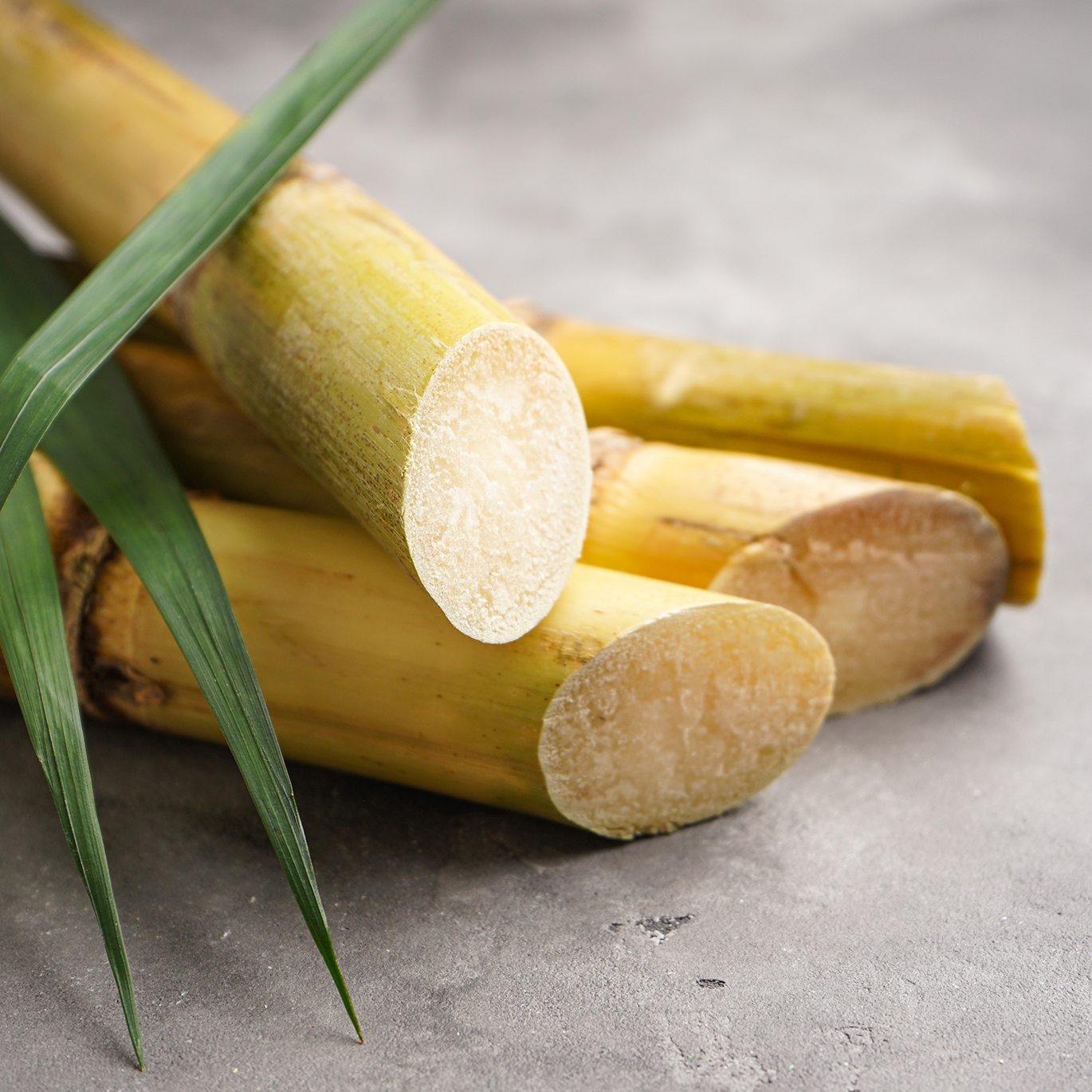Sugar and Cane: A Sweet Pairing in Health-Conscious Recipes
Sugar and Cane: A Sweet Pairing in Health-Conscious Recipes
Blog Article
Why Walking Cane Sugar Handling Chemicals Are Essential for Modern Sugar Refining
The duty of cane sugar handling chemicals in modern sugar refining can not be overstated, as they are important to enhancing both the performance of removal and the overall quality of the final item. Representatives such as phosphoric acid and specific flocculants are utilized to eliminate contaminations, causing sugar that not only meets consumer expectations but additionally abides by sector standards. Nevertheless, the effects of these chemicals prolong beyond quality, discussing market characteristics and environmental factors to consider. This elevates important questions about the sustainability of such practices and their influence on the future of sugar production.
Function of Processing Chemicals
The efficacy of cane sugar handling hinges considerably on the calculated application of processing chemicals. These chemicals play a critical function in improving the efficiency and quality of sugar removal and refining. From the first phases of juice extraction to the final filtration steps, handling chemicals promote different important operations.
In the removal stage, chemicals such as phosphoric acid and calcium hydroxide are employed to maximize the information process, aiding to get rid of pollutants and suspended solids from the walking cane juice. This not only improves the yield however likewise ensures the clearness of the end product. Furthermore, agents like flocculants help in the rapid settling of contaminations, consequently improving the total process.
Activated carbon and ion exchange materials offer to eliminate shade and smell, making sure that the polished sugar meets consumer high quality standards. Hence, the careful selection and application of these chemicals are vital for achieving ideal outcomes in walking stick sugar handling.
Key Kinds Of Chemicals
Walking stick sugar handling depends on a variety of essential chemicals that promote each phase of manufacturing. These chemicals play essential functions in making clear, lightening, and detoxifying the sugar extracted from walking cane.
One primary classification of chemicals includes flocculants, such as polyacrylamide, which aid in the information procedure by promoting the aggregation and settling of impurities. Additionally, calcium hydroxide is usually utilized to reduce the effects of acidity and help in the removal of non-sugar components.
Whitening representatives, such as triggered carbon and sulfur dioxide, are utilized to decolorize the syrup, resulting in a more clear end product. These chemicals aid remove shade compounds that may affect the sugar's look and bankability.
Furthermore, phosphoric acid acts as a pH regulator during the handling stages, making certain optimum problems for the chemical activities involved in sugar removal and purification.
Various other essential representatives consist of edta (ethylenediaminetetraacetic acid), which chelates metal ions that could militarize undesirable responses, and sodium hydroxide, which aids in pH control throughout the refining process. Collectively, these chemicals improve performance and ensure a top quality cane sugar product.
Advantages for Sugar High Quality
Typically overlooked, making use of particular handling chemicals significantly boosts the general top quality of walking stick sugar. These chemicals play a crucial role in refining procedures, making sure that the last product fulfills rigorous market standards for purity and preference.

Additionally, processing chemicals assist in accomplishing a regular granulation and texture, which are important for consumer acceptance. By controlling the condensation procedure, these chemicals make certain that the sugar crystals develop evenly, causing a more attractive product that dissolves well in numerous applications.
Moreover, the use of these chemicals can boost the service life of walking stick sugar by minimizing dampness absorption and microbial development. On the whole, the strategic application of handling chemicals is necessary for delivering high-grade walking stick sugar that fulfills customer expectations and industry demands.
Environmental Impact Considerations

Additionally, the energy-intensive nature of sugar refining, compounded by chemical usage, usually causes boosted carbon exhausts. This adds to environment adjustment and increases issues regarding the sustainability of current refining practices. Furthermore, the sourcing of these chemicals might entail methods that threaten biodiversity, such as monoculture farming, which reduces the resilience of agricultural ecosystems.

To mitigate these effects, sugar refiners are discover here progressively exploring lasting options and taking on best practices that minimize chemical use. Applying strenuous ecological administration systems can aid ensure that the refining procedure straightens with ecological requirements and advertises biodiversity. Ultimately, a well balanced strategy that focuses on both sugar quality and ecological stewardship is vital for the lasting practicality of the sugar industry.
Future Trends in Refining
As the sugar sector grapples with the ecological difficulties related to traditional refining techniques, innovative approaches are emerging to boost both effectiveness and sustainability. One considerable fad is the fostering of environment-friendly chemistry principles, which focus on making use of safe, eco-friendly handling chemicals. This change not only minimizes ecological effect however likewise addresses consumer need for cleaner production methods.
One more appealing development is the execution of sophisticated filtration modern technologies, such as membrane layer separation and adsorption processes. These strategies boost the clarity and quality of the sugar while reducing the volume of wastewater generated throughout refining. Furthermore, the assimilation of digital modern technologies, consisting of IoT and AI, is changing operational performance by allowing real-time surveillance and anticipating upkeep, hence minimizing source waste.
Additionally, the use of by-products from sugar refining, such as bagasse and molasses, is obtaining traction. These materials can be exchanged biofuels or value-added items, adding to a home circular economic climate within the market. Collectively, these fads signal a shift in the direction of more sustainable techniques that not just enhance operational efficiency however additionally straighten with global sustainability objectives, guaranteeing the future stability of sugar refining.
Final Thought
Walking stick sugar processing chemicals are crucial in modern-day sugar refining, dramatically improving the efficiency and top quality of sugar removal. The tactical usage of these chemicals not only improves the purity and flavor of the last product however additionally ensures regular crystallization and texture. As the industry increasingly focuses on sustainability, the fostering of environmentally-friendly handling representatives is most likely to form future fads in refining, eventually resulting in better products and expanded shelf life for customers.

Eventually, a well balanced technique that focuses on both sugar quality and ecological stewardship is crucial for the long-lasting stability of the sugar sector.
Cane sugar processing chemicals are essential in modern-day sugar refining, click for more substantially enhancing the efficiency and top quality of sugar extraction.
Report this page